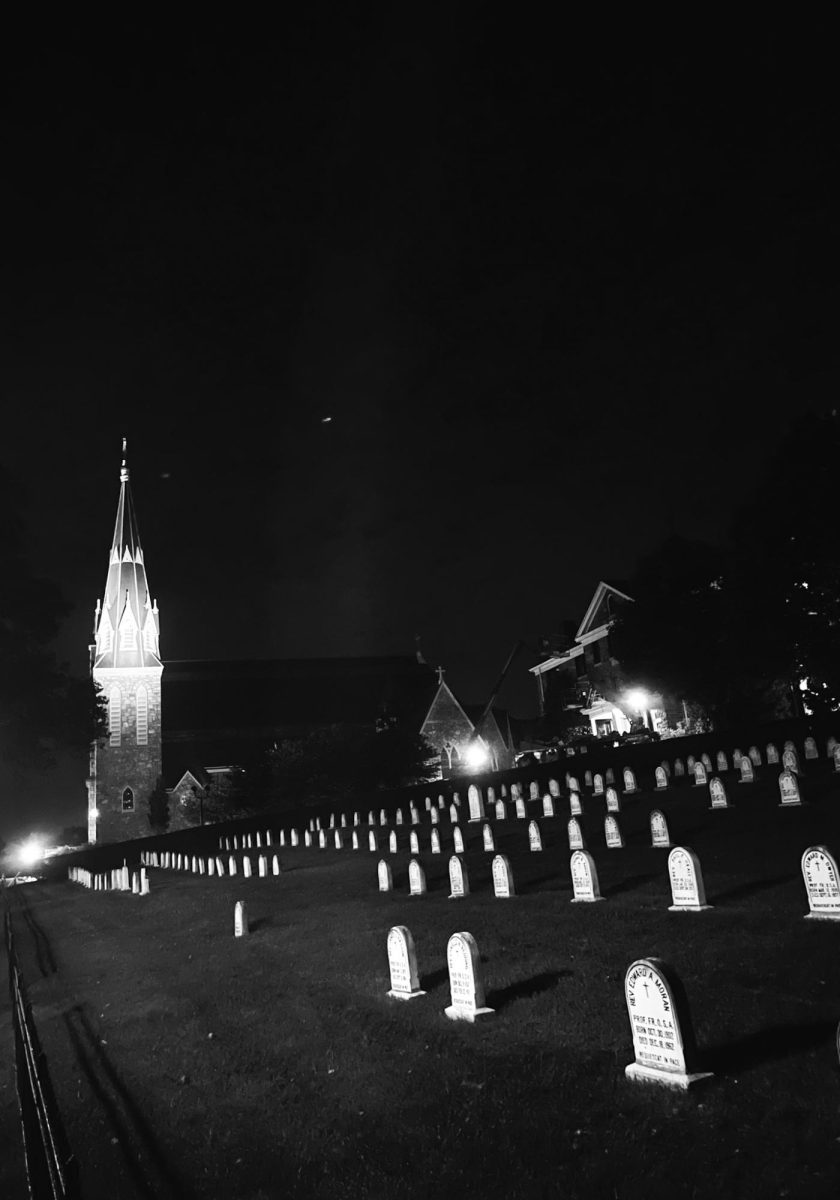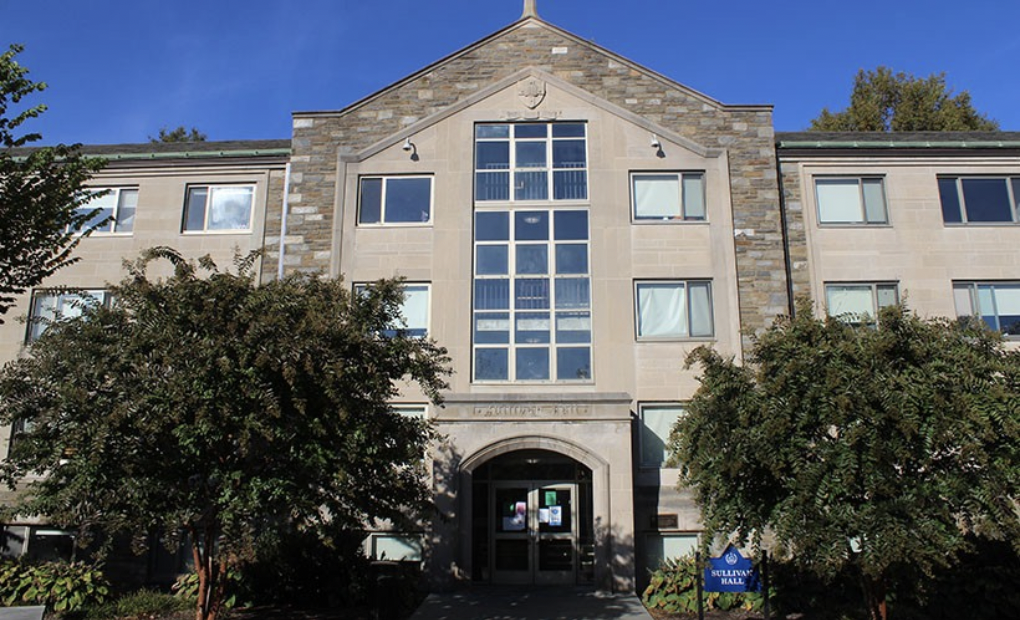The clocks were set back an hour last Sunday, which resulted in a series of mixed, but specifically, discontented emotions among students, as well as a significant majority of the population. One of the dreaded feelings that comes with the winter season is the late afternoon darkness as a result of the daylight savings rule.
Daylight savings was put in motion more than a hundred years ago for, at the time, understandable purposes. The overarching goal of this rule was to allow people to maximize the daylight, conserve energy and allow the agricultural industry to maximize its work in the fields. This is assuming all of the population is aligned with a schedule that involves waking up at the crack of dawn. A farmer who must rise with the sun to maximize the morning is a prime example of why the rule can be useful and effective. Nevertheless, for individuals with a more forgiving wake up time, daylight savings causes the days to feel short and can put a damper on the changing seasons.
Many doctors oppose daylight savings, given how the loss of daylight often points to less restful sleep, heart conditions and exacerbation of mental health conditions such as depression or anxiety. It’s scientifically proven that the loss of daylight disrupts the body’s natural circadian rhythm, as it can be directly influenced by a gain or loss of light exposure. During this period, it can take time for people to regain a normal, proper rhythm.
For a large majority of students, this adjustment to daylight savings has the ability to impact their willingness to effectively complete tasks and assignments. It is crucial for students to maximize the amount of sleep they get in order to successfully manage tasks, concentrate in class and perform well. When the daylight savings rule is put into place, this cycle goes as follows: daylight savings is put into place, students’ circadian rhythm is disrupted, less sleep occurs, productivity decreases and anxiety proceeds to increase.
“It’s a strange feeling to walk into a class and it feels like it’s daytime outside but then I leave, and it is pitch-black outside,” sophomore Arden West said. “It feels extremely disorienting.”
The effects of daylight savings on college students encompasses the value of the academic parts of their lives that are already in a constant motion.
“Daylight savings itself makes me sadder because it’s 4:30 in the afternoon and I want to hang out with my friends outside, but it’s already dark out. I love winter as a season and embrace it fully, but I don’t embrace the darkness,” sophomore James Manion said.
Experiences and positive aspects of the winter season transition sadly get often overlooked by students as a byproduct of the daylight savings rule. The beauty of the holiday seasons, winter sports, cozy atmospheres and snow days are less enticing to students when they are faced with a multitude of stressors and worsened mental health symptoms.
There is undoubtedly evidence that proves a lack of sunlight impacts people’s mental, physical health and well-being negatively. This results in a lack of appreciation for the positive aspects that the winter season can undeniably bring. The changing of seasons can be one of the most undeniably beautiful parts of nature. Nevertheless, students are skeptical when it comes to why daylight savings was put into place, who it benefits and whether it produces more harm or good.







